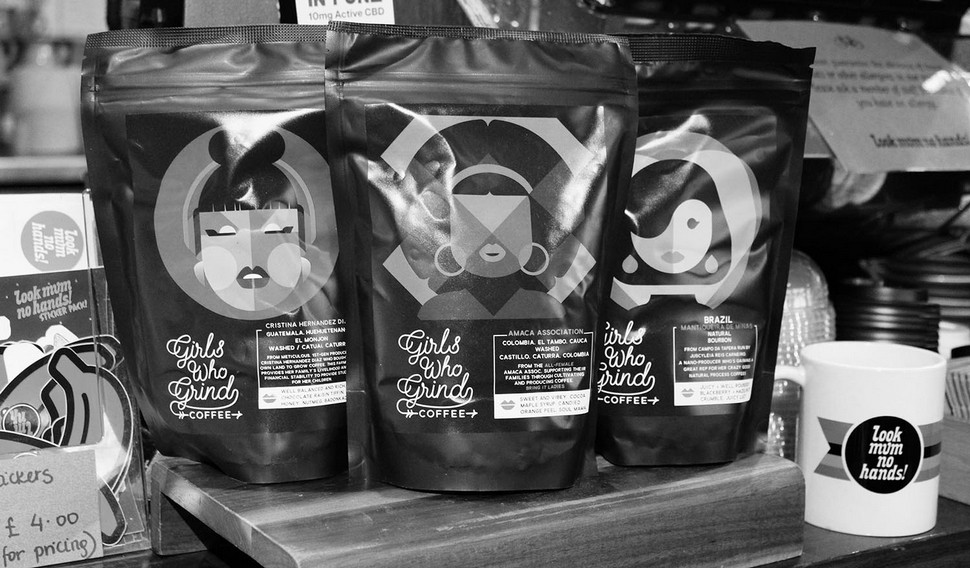International Women's Day: AMACA Project
Today is International Women’s Day,and in many ways things are always the same, both in the specialty coffee community and in the “real” world.
I cannot tell you real numbers, but for sure there are a lot more men than women involved in our business.
Farmers, producers, roasters, companies’ owners, even baristas… and what’s even worse is that a study by SCAA stated that “women comprised an average of 70 percent of the workforce in the fieldwork and harvesting roles”. That means planting, pruning, picking and processing. Nevertheless, women represent less than 1 percent of the world’s legal landowners. Many go unpaid or unrecognized, and not for lack of interested or passion for coffee. Often, governments still don’t recognize land ownership to women, and many banks won’t extend credits to women. Plus, many cooperatives won’t still recognize a woman as a member independent of a husband or a father.
Sad, isn’t it?
But, things are slowly (so slowly...) changing, and you can find small realities around the globe, entirely made by women.
Like this AMACA Project, made in Colombia.
AMACA means Asociación de Mujeres productoras Agropecuarias del Cauca, and it’s a group of women (yep, all women) coffee-producers located in El Tambo, Cauca, Southwest Colombia. It was formed in 1999 by 80 women from this region, and now they’re 140, all of them farm owners and heads of household. While they support their families via the cultivation and production of coffee, AMACA basically works as a platform to improve the production practices and to promote the access to the specialty coffee market.
In 2008, AMACA partnered with the ministry of agriculture, the governor of Cauca and the municipality of El Tambo to increase the production and quality of coffee on eighty members’ farms.
In 2010 the organization “Social Action” supplied 22 farms with new wet mills and processing tanks.
Today, 140 active members from three different villages across the El Tambo municipality make up AMACA. Their average farm size is one hectare (5000 coffee trees) per member, and while some farm is up to three hectares, many are less than one.
A premium is paid to AMACA above the value of the coffee itself to support their goals and aspirations as a group. Their most important goal is to improve the quality of life for their members (together with their families).
Right now, one of their most pressing needs is a warehouse space to properly receive, cup, manage and store their coffees.
AMACA is also an important local reality because these women were able to create a safe space from gender and domestic violence, for themselves and for other women and families.
That said, there’s still a long way to go, both for the AMACA group and for all the other women involved (in any way) in the specialty coffee world; and things are not gonna change anytime soon.
But, every time a woman is hired as barista, every time a woman open her own company, every time a woman raise and do something, is a small step toward a world more equal.
Support AMACA and support all others women reality.

If you want to read more:
(AMACA interview)
(Things you should know about women situation in the specialty coffee community.)
(An all-female coffee roastery owned and run by Fi O’Brien and Casey LaLonde. An Aussie and an American, both now living in Frome, Somerset. Girls Who Grind Coffee are an all female small batch coffee roastery, sourcing specialty coffee from female producers and those who work to support them.)
(A nice Project about the women in this world, that often need to be “stronger” that their male counterparts.)
(Three inspiring female coffee roasters: Caballo Rojo Coffee, Little Waves Coffee, Brewpoint Coffee)

